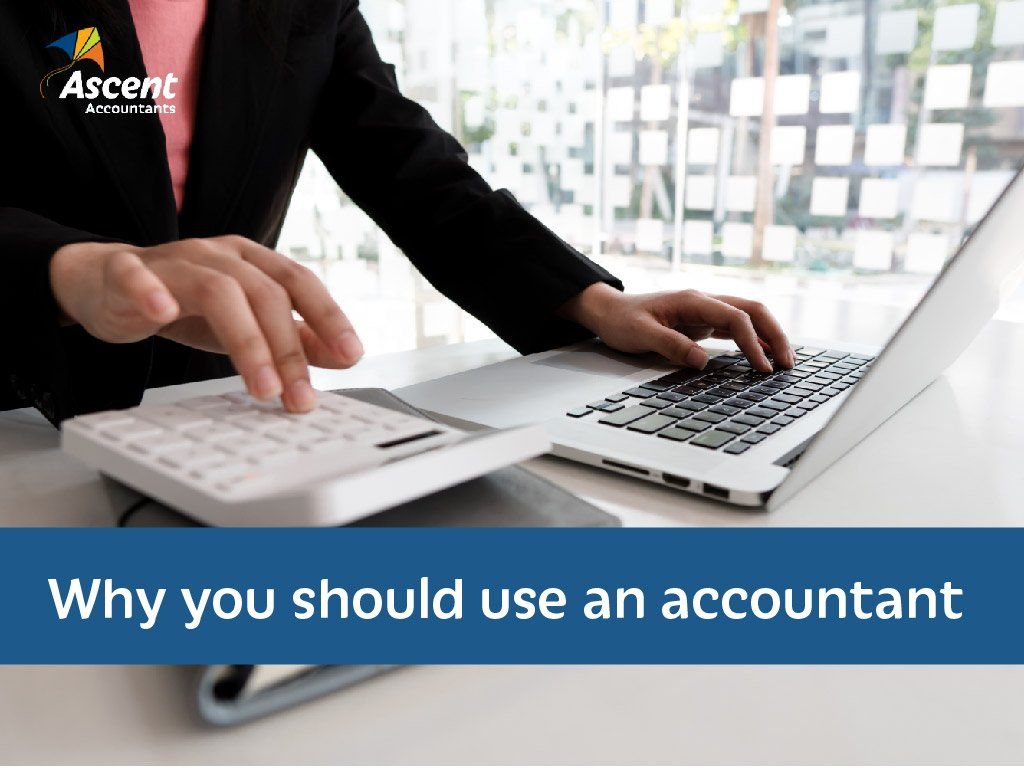Why you should use an accountant

The countdown to tax time is on. For many, that means handling your taxes yourself. But, is that the best way to go about it? Obviously, we don’t think so! Using a registered Tax Agent — like our clever team at Ascent Accounting — has many benefits, including the possibility of saving you significant dollars.
1. Pays for itself.
You can complete your tax return for free by doing it on your own, but did you know using a Tax Agent essentially pays for itself? All fees paid to a Tax Agent are tax-deductible in the following year, so you’ll only be out of pocket for that initial year. So, if it’s the professional accounting costs that are putting you off, rest assured that you aren’t out of pocket in the end.
2. Fighting the good fight.
If the ATO ever flags your tax return as suspicious or audits you, your Tax Agent is on your side. They’ll investigate on your behalf and help you navigate the challenges the ATO throws your way, minimising any penalties in the process. It’s extremely difficult and stressful to handle an ATO audit on your own, so this is a huge benefit when it comes to using a Tax Agent.
3. Leave the stress behind.
Tax time can be a very stressful and time-consuming time for many people. This is even more true if you find managing finances difficult in general, haven’t kept your finances organised throughout the year, or usually have complex tax returns.
A Tax Agent is the best remedy for those tax time headaches. We take the stress out of orchestrating your tax return because we know the right questions to ask, what the ATO is looking for, and how to maximise your refund. We can alert you if something isn’t quite right, and help you fix it ASAP to keep you compliant with tax laws and minimise the risk of ATO penalties.
4. Improved financial outcomes.
Using a Tax Agent is the easiest way to ensure your tax refund is maximised. Our eagle-eyes never miss a thing, so if there’s an opportunity to increase your refund, we’ll find it. For the people that have to pay during tax time, we’ll ensure this dollar amount is as low as possible. Either way, your financial outcomes are the best they can be!
Let’s chat about your tax return.
We’d love to explore how one of our Tax Agents could support you with your personal or business tax return this year. Our goal is the make the process as smooth as possible, keep you compliant, and maximise your refund at the same time.
Get in touch with our expert team of registered Tax Agents today!
Need help with your accounting?








